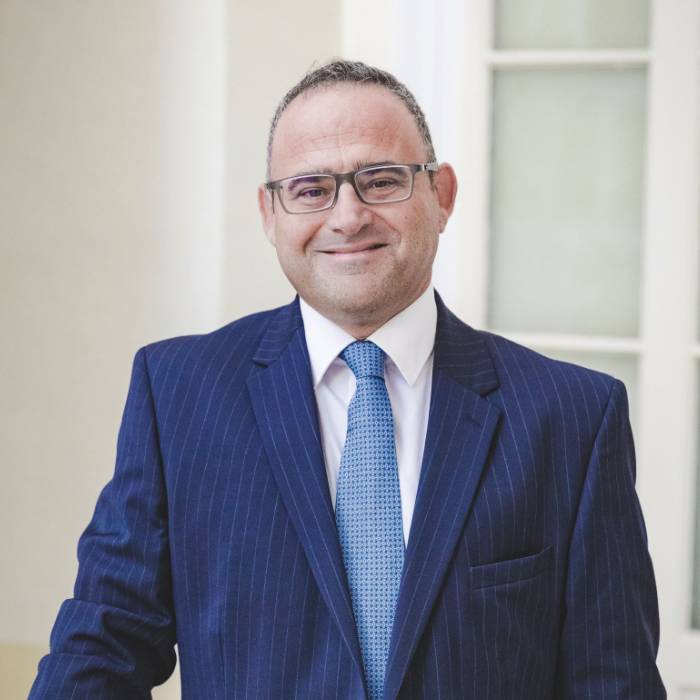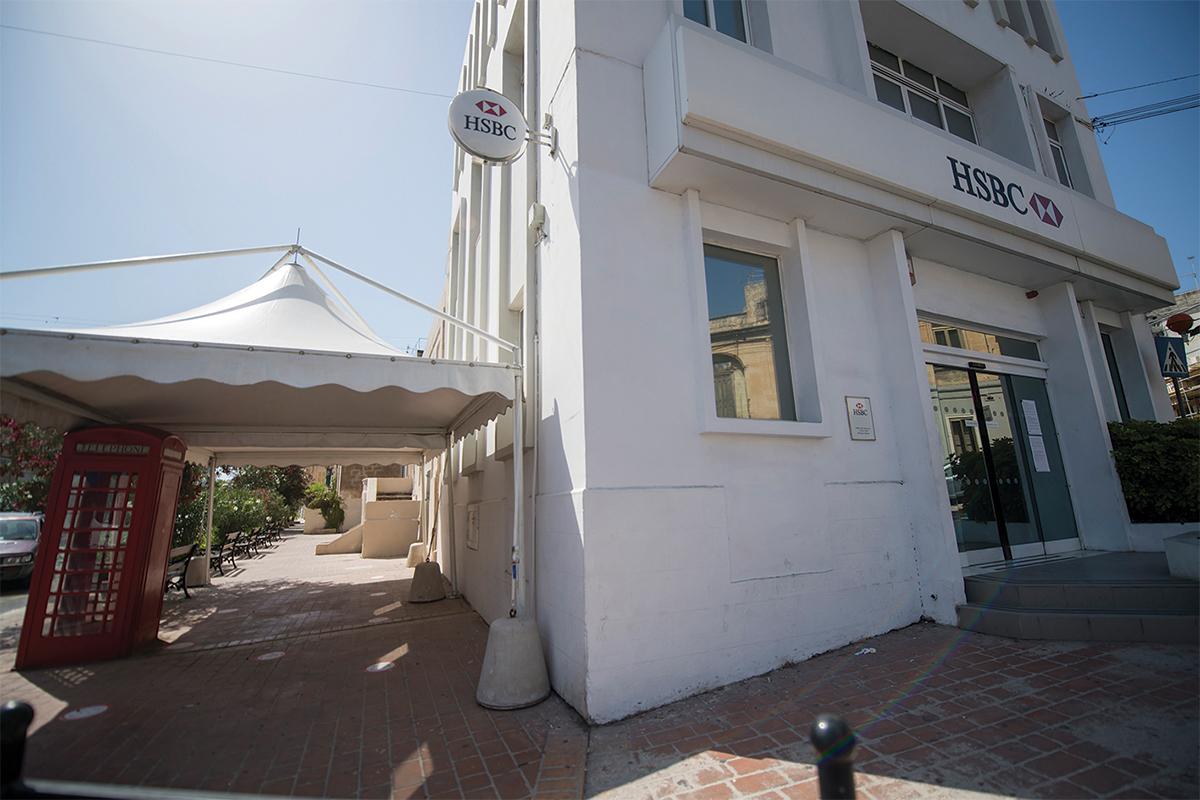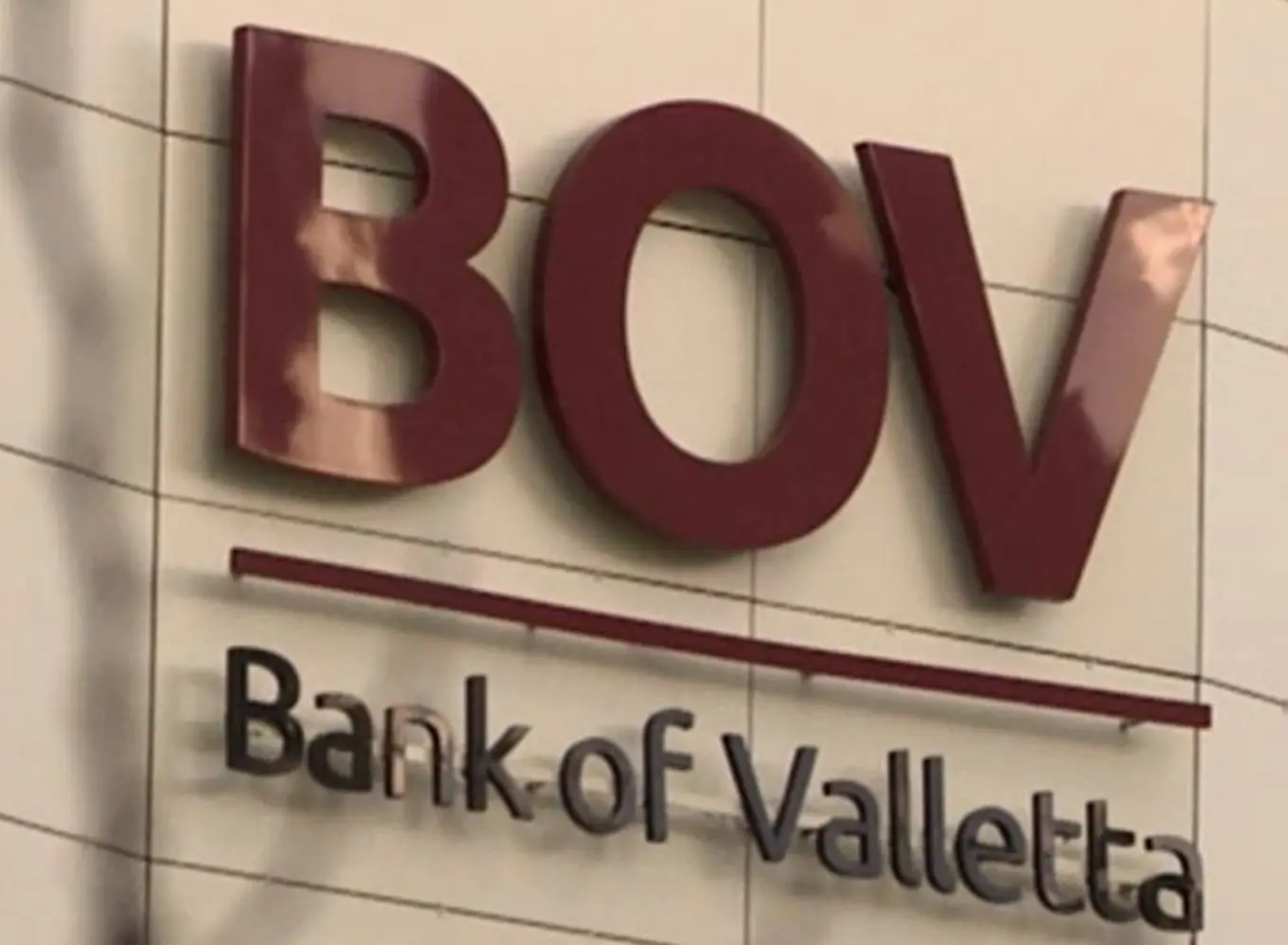Bank of Valletta is teaming up with The Malta Chamber and Saxo Bank in co-hosting another free webinar for businesses – ‘Blue Sky or Eye of the Storm’ on Thursday 17th September 2020 at noon.
The last quarter of 2020 promises to be quite eventful and will provide an insight on how 2021 will kick-off. Christopher Dembik, Group Head Macroeconomic Analyst from Saxo Bank will join investment experts Matthew Farrugia from BOV Wealth Management and Steve Ellul from BOV Asset Management to discuss the opportunities and risks for local businesses moving forward during these challenging times.
During this webinar, various topics will be discussed, including trade wars and their potential impact on future supply chains, the implications of a no-deal Brexit, and the impacts of a second wave of the COVID-19 pandemic. The Malta Chamber President David Xuereb will address the participants, who will be able to put forward their questions to the panel. Deputy President of The Malta Chamber Marisa Xuereb will be delivering the welcome note during this webinar.
Local business operators are invited to register today for this free webinar through this link.
This webinar is one of a series of free webinars that BOV has been organising or co-hosting during these past months, with the aim of bringing expert information, insights and best practices to local businesses and consumers.








